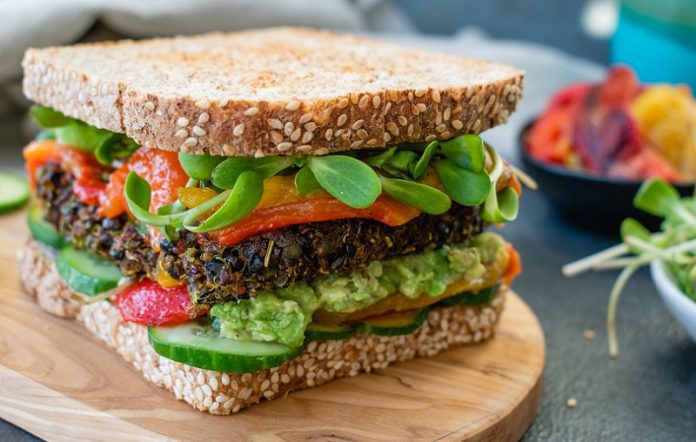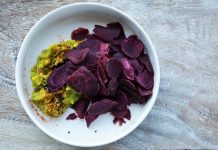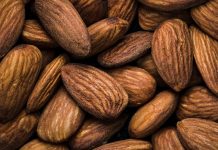
A recent study looked at the relationship between people’s dietary choices and their “heartfulness,” which refers to qualities like compassion, self-compassion, equanimity, and gratitude.
Specifically, the researchers wanted to know if people who chose a vegan or vegetarian diet were more likely to score higher on these aspects of heartfulness.
The study involved 419 participants who provided information about their demographics, dietary choices, and mindfulness practices.
They then completed a series of questionnaires to measure their levels of gratitude, self-compassion, compassion, and equanimity.
The results showed that vegans and vegetarians tended to score higher on certain aspects of heartfulness, such as both self-compassion scales.
However, there was no significant difference in scores for the gratitude questionnaire or the two equanimity scales.
The researchers also found that demographic and diet-related factors were the best predictors of heartfulness, with factors like ecological, ethical, or health-related reasons for choosing a vegan or vegetarian diet, and the importance of nutrition playing a key role.
Overall, this study suggests that people who choose a vegan or vegetarian diet may be more likely to exhibit certain aspects of heartfulness, although it’s important to note that this does not mean that omnivores are not capable of exhibiting these qualities as well.
The study also highlights the importance of considering the reasons behind our dietary choices and the role they may play in our overall well-being.
How to have healthy vegan and vegetarian diets
Vegan and vegetarian diets can be very healthy if they are properly planned and balanced. Here are some tips for a healthy vegan or vegetarian diet:
Eat a variety of foods: Make sure to include a variety of fruits, vegetables, whole grains, legumes, nuts, and seeds in your diet to ensure that you’re getting all the nutrients you need.
Get enough protein: Plant-based sources of protein include beans, lentils, tofu, tempeh, nuts, and seeds. Make sure to include these in your diet to ensure that you’re getting enough protein.
Watch your nutrient intake: Vegetarians and vegans need to pay attention to their intake of certain nutrients, such as iron, calcium, vitamin D, and vitamin B12.
Consider taking supplements or fortified foods to ensure that you’re getting enough of these nutrients.
Avoid processed foods: Just like with any diet, it’s important to limit your intake of processed and junk foods. Stick to whole, nutrient-dense foods as much as possible.
Cook at home: Cooking at home allows you to control the ingredients and ensure that you’re getting all the nutrients you need. Experiment with new recipes and ingredients to keep things interesting.
It’s also important to note that everyone’s dietary needs are different, and what works for one person may not work for another.
If you’re considering a vegan or vegetarian diet, speak with a registered dietitian or other healthcare professionals to ensure that you’re meeting your nutrient needs.
The research was published in the International Journal of Environmental Research and Public Health and was conducted by Antonia Voll et al.
Copyright © 2023 Scientific Diet. All rights reserved.








